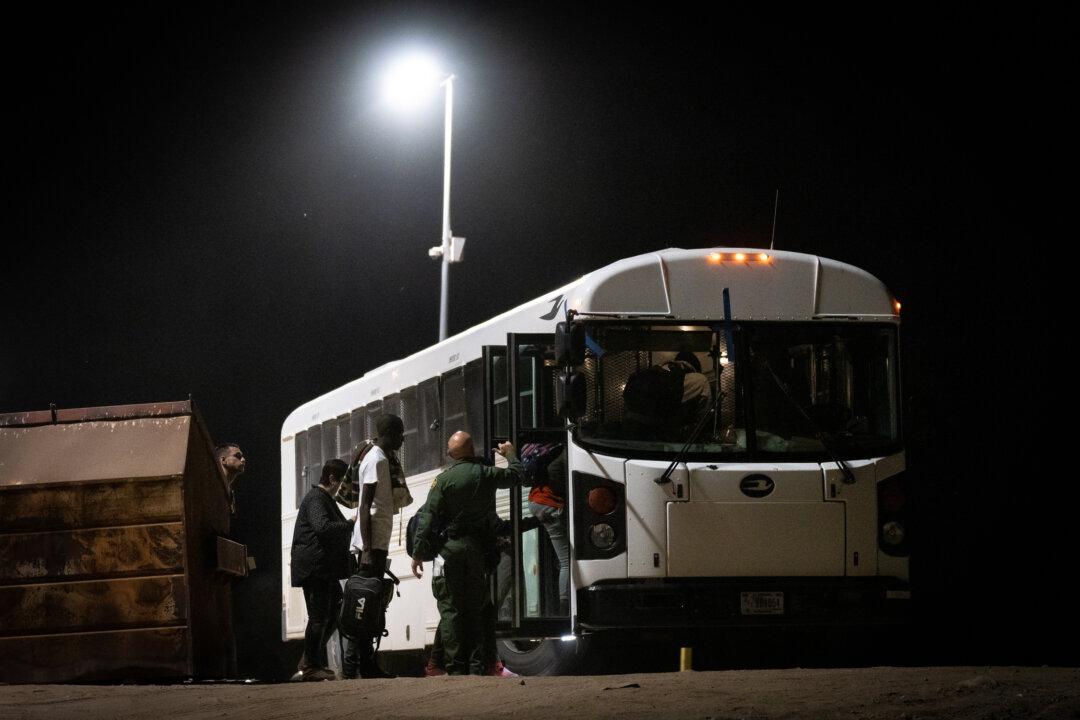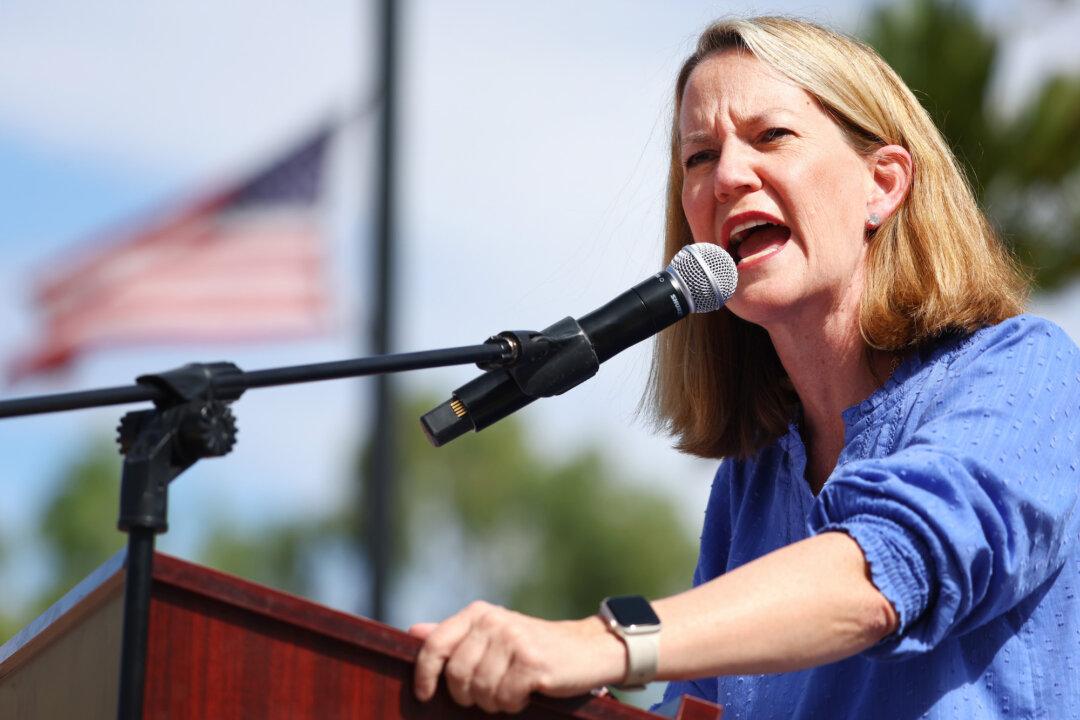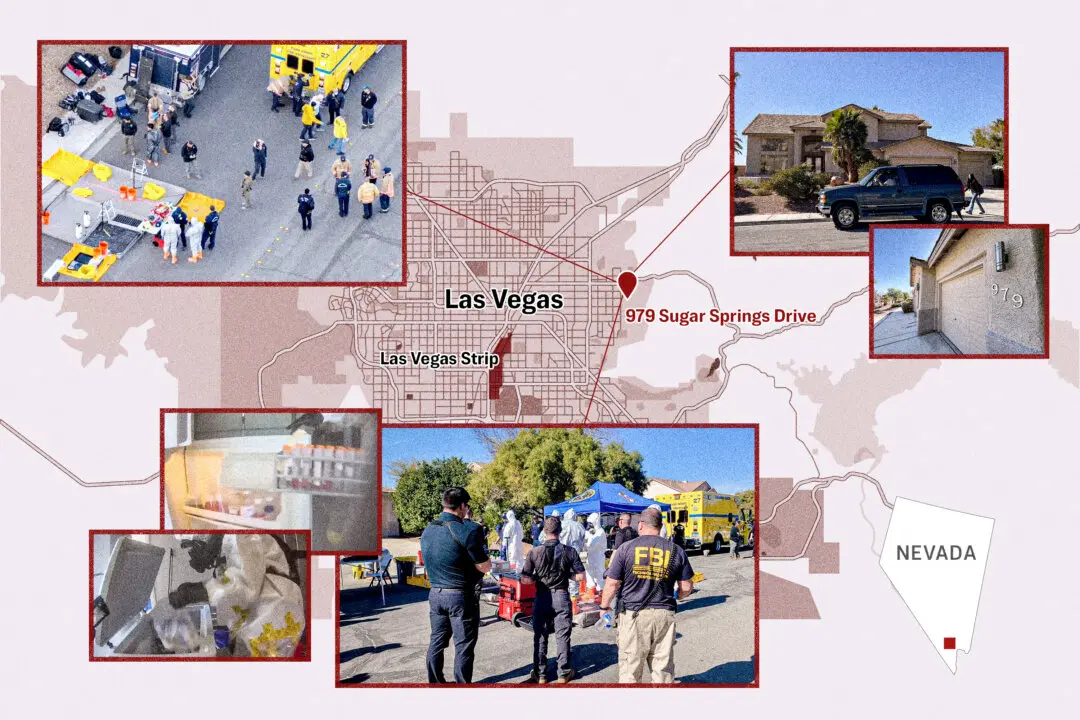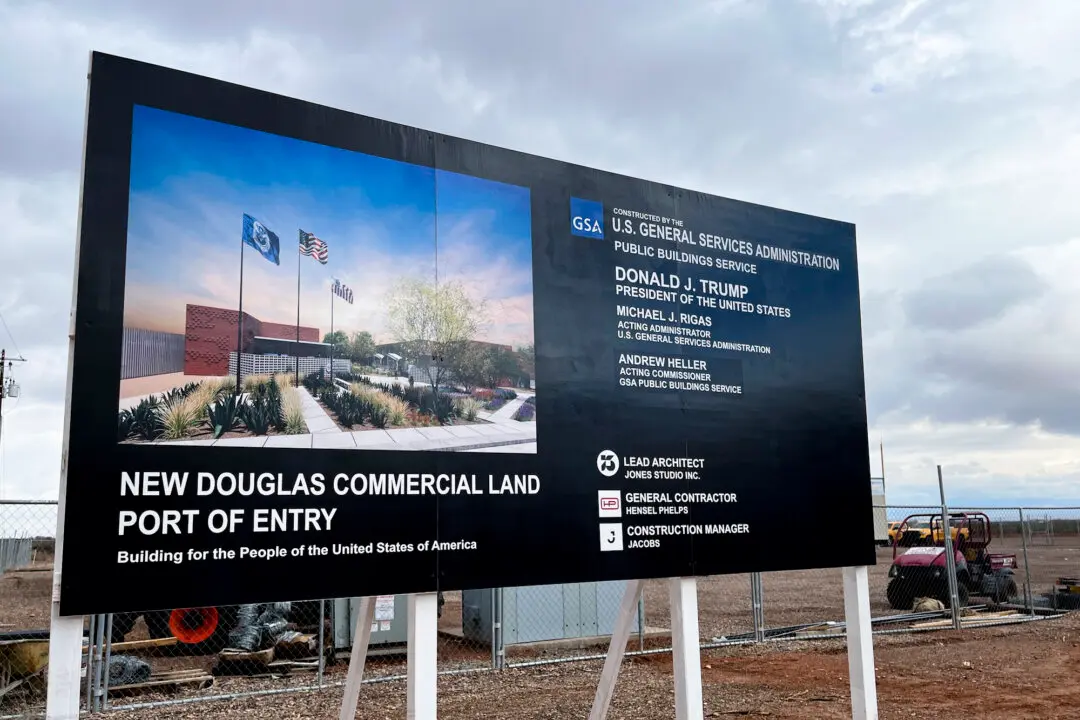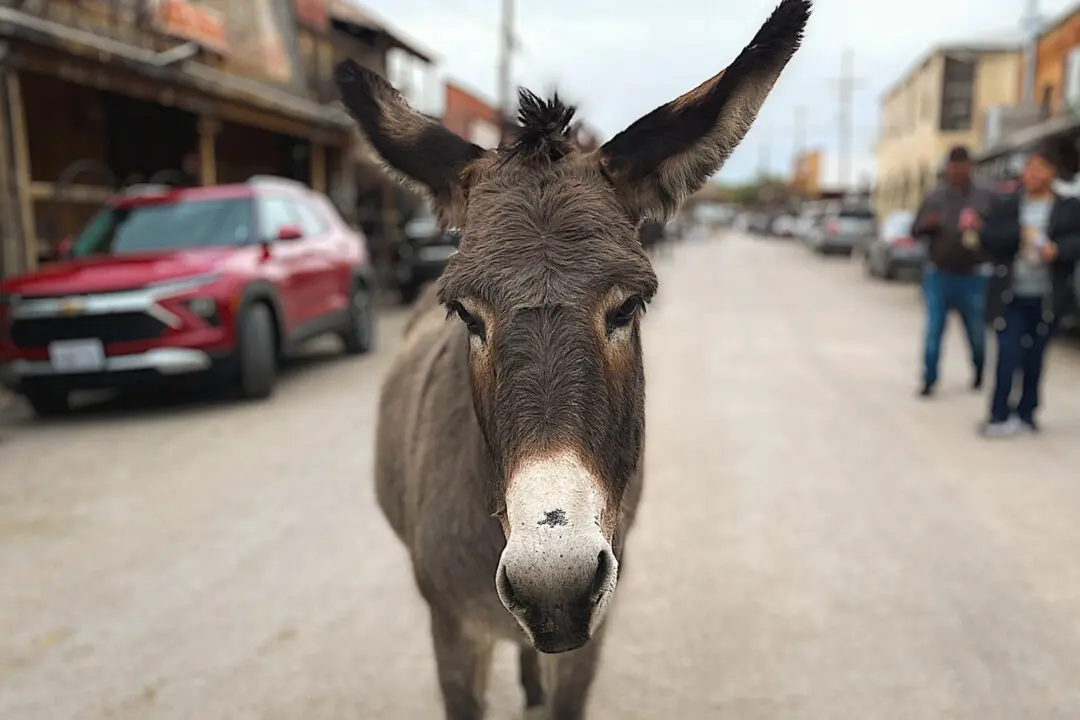BISBEE, Ariz.—Around the middle of September, residents say U.S. Border Patrol vehicles started showing up without warning at the Safeway plaza in Bisbee, Arizona, about five miles from the boundary with Mexico.
Locals then watched as Border Patrol agents dropped off illegal immigrants—men, women, and children. This happened mostly during the daylight hours, but even at 3 a.m. as the city slept.
